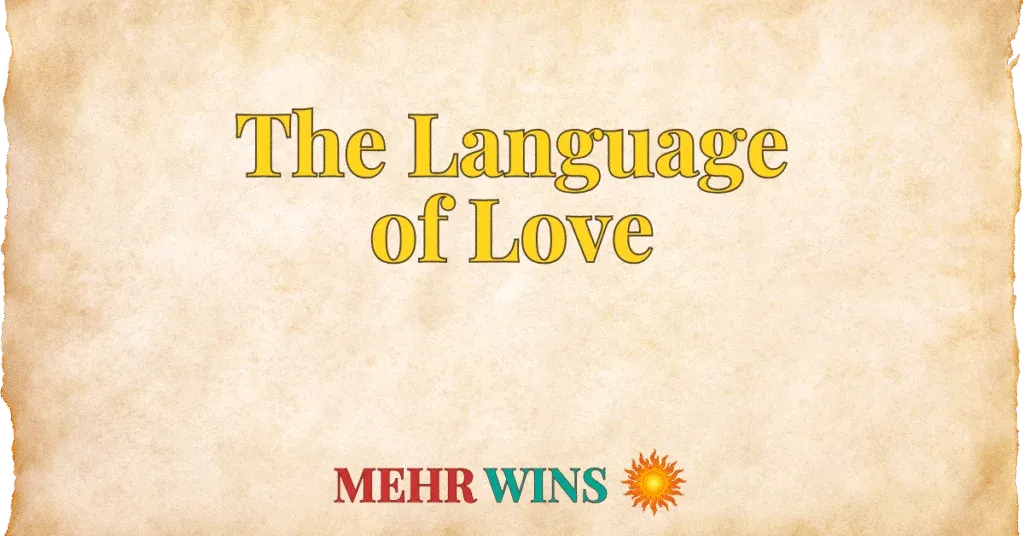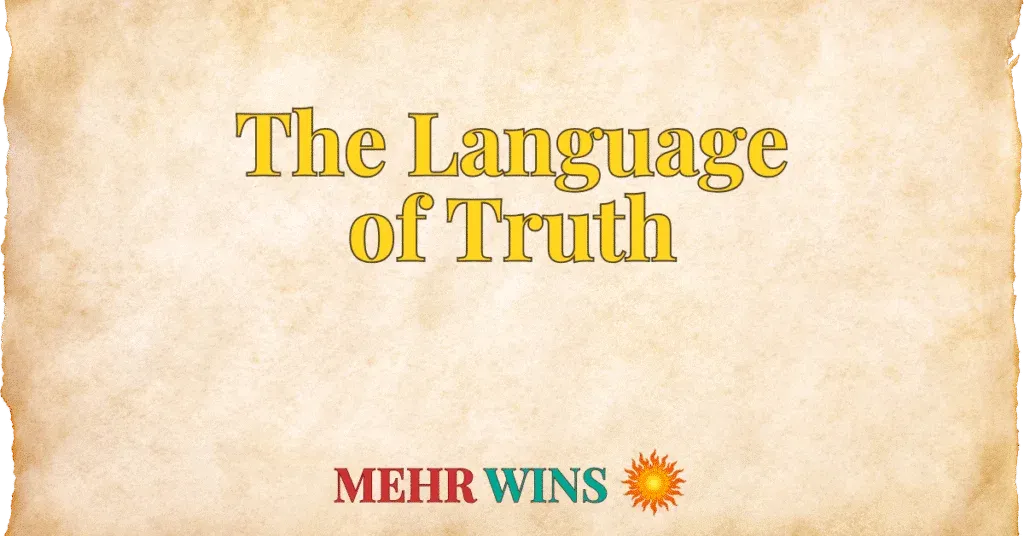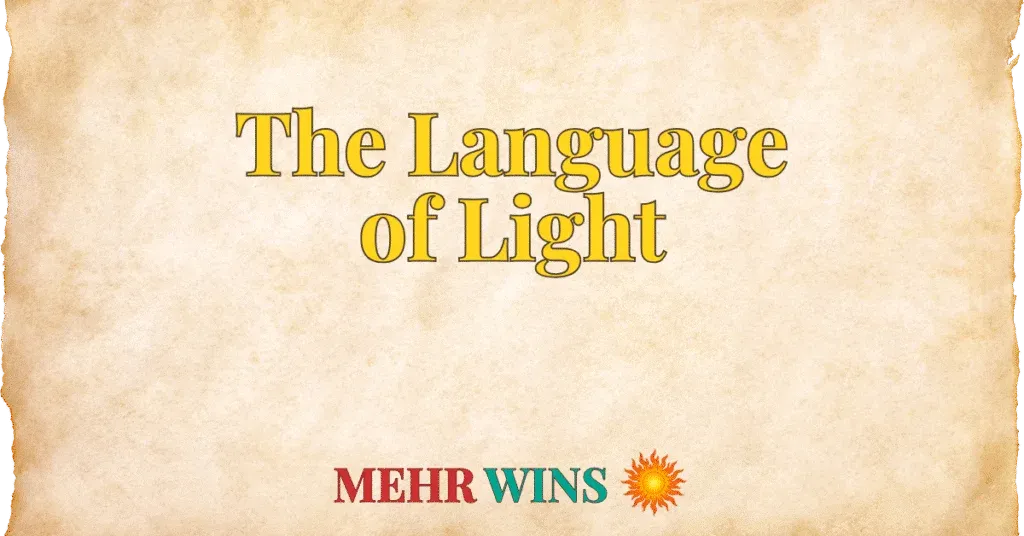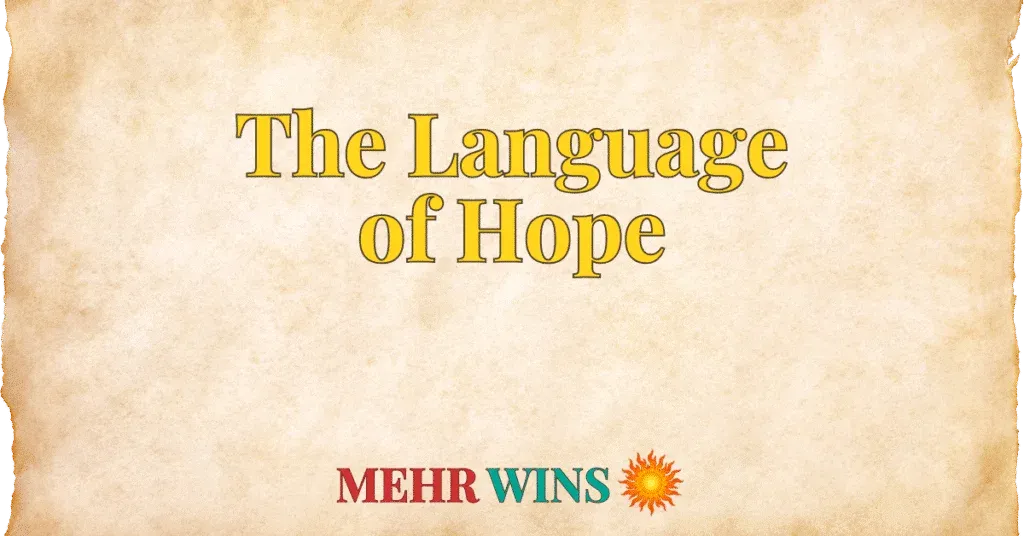
At the heart of a truly vibrant existence, love isn’t merely a sentiment you express; it is a profound practice you embody daily. In Persian, love flows through an exquisite tapestry of forms: from the gentle care that nurtures, to the lifelong loyalty that anchors, and the soul deep connection that binds. There is the soft, foundational love that underpins profound transformation, and there is the fierce, passionate fire that reshapes or consumes. Each word is deeply shaped by feeling, history, and the very soul of the language. This essential force means more than mere affection; it signifies emotional truth, deep connection, and the unwavering strength to care even when the path is challenging. These ten words reflect how Persian beautifully captures the full spectrum of what real love feels like, mirroring the enduring spirit of this work.
1. مهر mehr (mehr) – kind love, affection, warmth
Mehr is the quiet heartbeat of love. It’s not flashy—it’s steady. It shows up in care, in loyalty, in gentle connection. This is the foundation of Mehr Wins: the belief that love can be soft and still powerful.
Example: “She didn’t say much, but there was mehr in everything she did.”
2. عشق eshgh (eshgh) – passionate love, deep affection
Eshgh is intense and overwhelming—the kind of love that moves mountains or leaves scars. It’s often romantic, but not always. It can also mean devotion to purpose, art, or God.
Example: “What he felt wasn’t just admiration—it was pure eshgh, undeniable and alive.”
3. محبت mohabbat (mo-hab-bat) – compassionate love, care
Mohabbat is love that heals. It’s kindness in action, love that nurtures. Often used in family and friendships, it’s the word for gentle affection that makes people feel safe.
Example: “Her mohabbat was a balm—tender, patient, and never conditional.”
4. دوستی doosti (doos-tee) – friendship, loyal love
Doosti is love that grows from trust. It’s not always fiery, but it’s lasting. It holds space, shares silence, and carries people through hard times.
Example: “In the hardest moments, it was doosti—not romance—that saved him.”
5. وفا wafā (wa-fā) – faithfulness, loyalty
Wafā is love that stays. It’s commitment without needing credit. Loyalty that’s lived, not spoken. In Mehr Wins, wafā reflects the kind of love that endures when things get hard.
Example: “Even after the distance, her wafā remained unchanged.”
6. صمیمیت samimiyat (sa-mee-mee-yat) – intimacy, closeness, sincerity
Samimiyat is the kind of love that lets walls fall. It’s closeness that feels safe, real, and unguarded. Love that doesn’t perform—it just is.
Example: “There was samimiyat between them—no pretending, just presence.”
7. وفاداری wafādāri (wa-fā-dā-ri) – devotion, loyalty in love
A cousin to wafā, but even more personal. Wafādāri is devotion to someone’s soul, not just their role. It’s love that doesn’t fade with time or change.
Example: “His wafādāri wasn’t loud—but it was unshakable.”
8. دلسوزی delsūzi (del-soo-zee) – heartfelt compassion, empathy
Delsūzi is love that feels someone else’s pain. It’s emotional care, rooted in the heart. This is the kind of love that doesn’t ask what you need—it already knows.
Example: “She had a delsūzi for others that came from her own experience with suffering.”
9. علاقه alāgheh (a-lā-geh) – fondness, affection
A lighter word, but full of warmth. Alāgheh is everyday love—a favorite song, a comforting person, a small but deep affection. It reminds us that love doesn’t have to be grand to be real.
Example: “He spoke of her with alāgheh, like someone recalling sunshine.”
10. مهرورزی mehrvarzi (mehr-var-zee) – act of loving, kindness in motion
Mehrvarzi is what happens when mehr becomes a verb. It’s love in action—gentle words, thoughtful deeds, emotional presence. It reflects the core of Mehr Wins: doing love, not just feeling it.
Example: “His mehrvarzi showed in the little things—steady, quiet, and full of soul.”
Pronunciation Note
To help with pronunciation, Persian transliterations often use the following consonant markers:
• gh – a throaty sound, like French r (غ / ق)
• kh – a deep “h” sound, like the ch in Bach (خ)
• zh – like the s in measure (ژ)
• sh – like sh in shine (ش)
• ch – like ch in cheese (چ)
Stressed syllables are shown in bold within the pronunciation.
Italicized words in parentheses reflect how to say the word phonetically.


